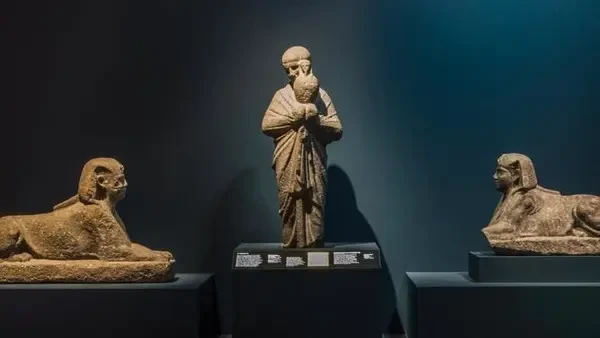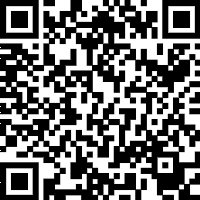The Governor of Fayoum is discussing with the National Authority for Remote Sensing delegation ways to enhance cooperation in agricultural, tourism and urban development.
The
Governor of Fayoum is discussing with the National Authority for Remote Sensing
delegation ways to enhance cooperation in agricultural, tourism and urban
development.
Reviewed
the efforts of the National Authority for Remote Sensing to account for the
winter crop structure in the Fayoum governorate.
Discuss
ways of collaborating to maximize the use of medicinal and aromatic plants.
Dr.
Ahmed Al-Ansari, Governor of Fayoum, discussed with the delegation of the
National Authority for Remote Sensing and Space Sciences the strengthening of
joint cooperation in the use of satellite data and artificial intelligence to
account for strategic agricultural crops, support agricultural development
plans, and develop ecotourism in the province, in the presence of Dr. Muhammad
Al-Tuni, Deputy Governor.
The
delegation of the Authority included Dr. Abdelaziz Bilal, Head of the Division
of Agricultural Applications, Soil and Marine Sciences of the National
Authority for Remote Sensing and Space Sciences, Dr. Mohamed Abou Al Ghar, Head
of the Division of Agricultural Applications of the Authority, and Dr. Mona
Younis, Assistant Professor, Agricultural Applications Department.
During
the meeting, the delegation of the Authority reviewed the efforts of the Remote
Sensing Authority to assess the integrated winter crop structure in Fayoum
governorate for the year before the previous year and to monitor, analyse and
map current problems facing the agricultural sector in the governorate.
The
two sides discussed ways of joint cooperation to maximize the use of the
medicinal and aromatic plants for which the governorate is famous, and to study
the impact of pollutants on Lake Qarun and the efforts made in this context,
and how to benefit from the research being conducted by the Authority to use
the "nanoparticles" technique to purify organic pollutants from the
"Bats Drain" water before it reaches Lake Qarun, as part of efforts
to restore the environmental balance of the lake and preserve aquatic life
there.
The
Governor of Fayoum, referring to the diversity of environments and activities
in the governorate of Fayoum and the dependence of a considerable number of its
inhabitants on agriculture, stressed the need to make the best use of
ecotourism and desert tourism as one of the Egyptian treasures, given its role
in increasing national income and developing local communities, and pointed to
the desire to maintain the expansion of ecotourism, but in a way that preserves
the biodiversity of protected areas.
Al-Ansari also reviewed a number of
conservation efforts in the field of environmental rebalancing of Lake Qarun,
such as the rehabilitation of the industrial sewage plant at Kom Ushim to
prevent industrial pollutants from being mixed with agricultural wastewater
before it reached Lake Qarun, the construction of a number of sewage stations
serving villages near the lake and the upgrading of existing plants, as well as
salt-extraction projects, efforts to eliminate the isopod to protect the fish
population of Lake Qarun, and the formation of a number of working groups and
committees.
The Governor
of Fayoum pointed out that the expertise and potential of the National
Authority for Remote Sensing and Space Science could be used to study the soil
quality of the lands along the southern coast of Lake Qarun, which suffer from
excessive salinity, in order to determine the actual area, soil quality and
crop composition of the land in question in order to generate an economic
return for the State and for citizens, taking advantage of the comparative
advantages of the conservation potential.
The two
parties agreed that the Authority delegation would submit a comprehensive
proposal and an integrated plan of action for the proposed areas of joint
cooperation with the governorate within two weeks; To discuss them and develop
the necessary procedural steps for implementation.
On his part,
Dr. Mohamed Abu Al-Ghar, head of the Agricultural Applications Department of
the National Authority for Remote Sensing and Space Sciences, referred to the
mechanism of the agency's work in using satellite data and artificial
intelligence to account for strategic agricultural crops in the various
governorates of the Republic and to study the problems of the agricultural
sector in each governorate, stressing that modern technologies used by the
authority and artificial intelligence contribute to identifying and studying
many problems and finding appropriate solutions for them.
At the
conclusion of the meeting, the delegation of the National Authority for Remote
Sensing and Space Science, Governor of Fayoum, presented a copy of the main
strategic crop maps of Fayoum Governorate, which are the result of cooperation
between the Authority and the Ministry of Agriculture and Land Reclamation.











